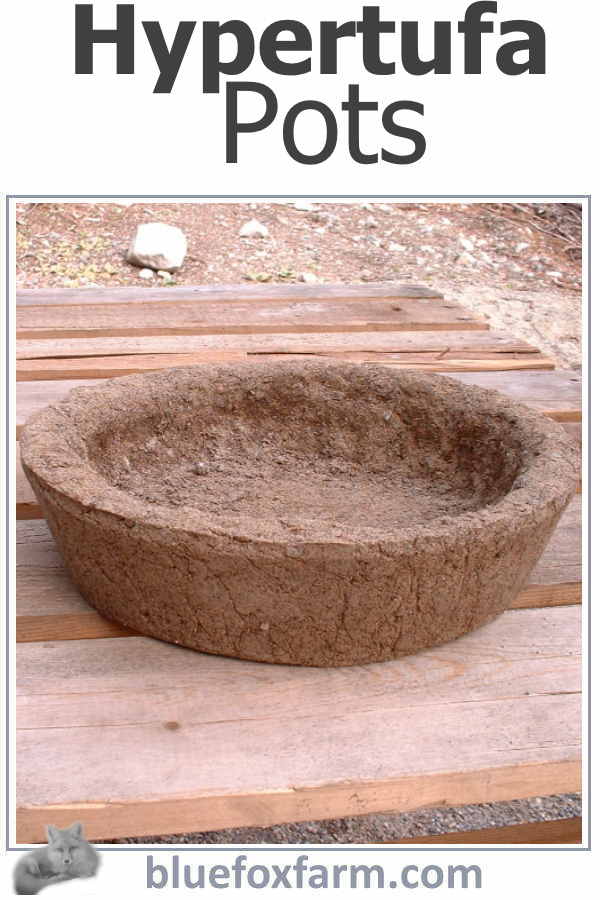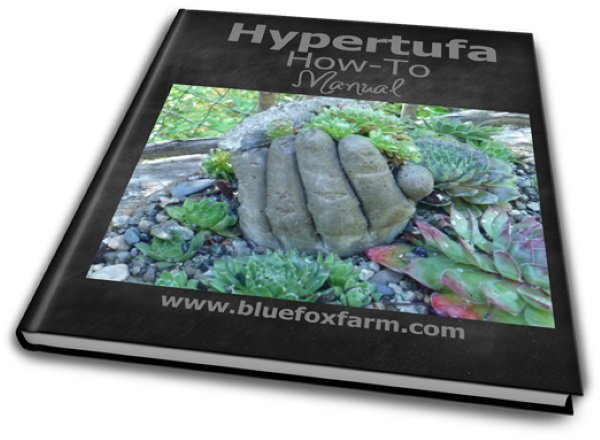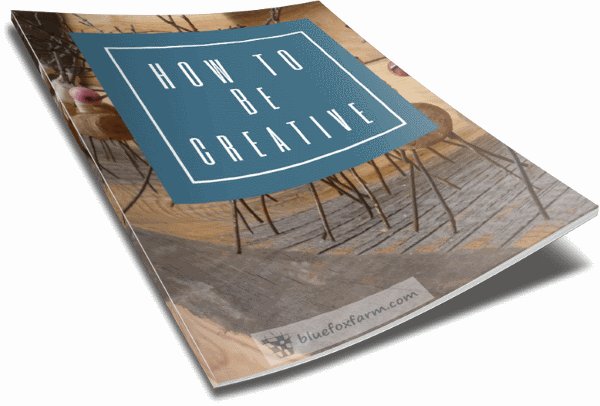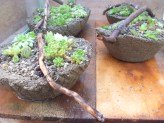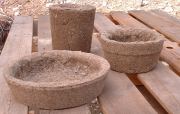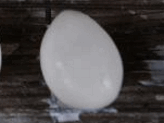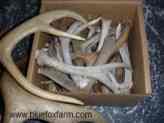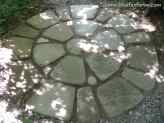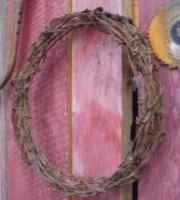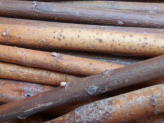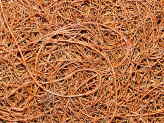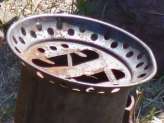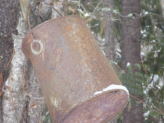Hypertufa Pots
Special and Rustic; display your hardy succulents in these unique planters
Making hypertufa pots is of major interest to many alpine plant enthusiasts, succulent plant growers and anyone else who likes to plant interesting plants in containers.
In fact, it was avid rock garden enthusiasts that originated the technique, and perfected it in the years since.
This stuff is exceptional for succulents, as the sides of the pot will breathe and allow air exchange for those delicate roots, plus they also give excess water a place to evaporate.
Your collection of hypertufa pots will mesh beautifully with most other types of containers – terracotta pots, rustic wooden boxes and even concrete or resin planters can look fantastic in a group.
One of my favorite hypertufa projects are hypertufa pinch pots.
These tiny jewel like hypertufa pots are fabulous huddling together filled with overflowing Sempervivum arachnoideum – the cobweb hens and chicks - and tiny groups of Sedum particularly Sedum album ‘Faro Form’ or other miniature ones.
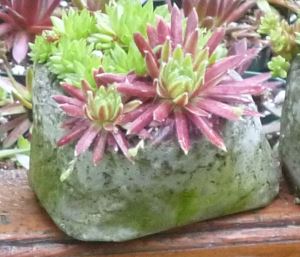
There is something so appealing about minuscule plants in tiny rustic pots.
Of course, these plants in pinch pots require a little more care than in normally sized pots; careful attention to a watering regime will keep them happy.
I've found that even tiny planters are slow to dry out, making growing hardy succulents in them an absolute joy.
Making your own pots is so satisfying, easy and fun, if a little messy.
But don't worry, you can work outside just as well, making some truly wonderful rugged containers for succulents and other alpine plants, like this sag pot:
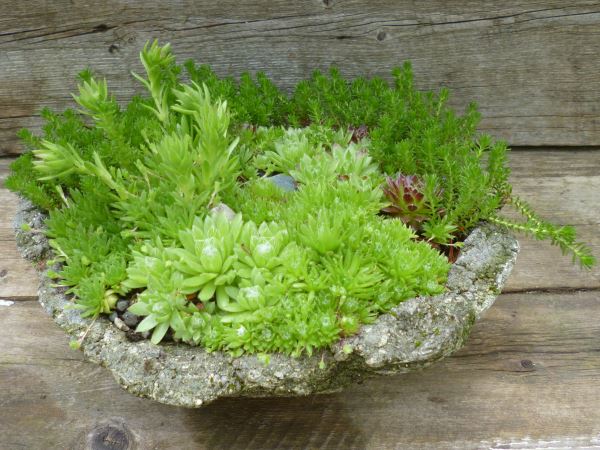 Simple and so effective, a sag pot can be made right on the ground over a hump of soil
Simple and so effective, a sag pot can be made right on the ground over a hump of soilWhy not gather a group together to have a hypertufa pot workshop to make it a social event?
You’ll bounce ideas off one another, and get more great ideas.
Here’s a few ideas for your hypertufa pot workshop:
Use a brightly lit area such as a greenhouse; it’s important to have a place where your hypertufa creations can be left to set up without being disturbed.
Make sure no dogs, cats or small children have access to the area.
More tips on setting up your hypertufa studio here.
Safety while using hypertufa – especially when mixing the ingredients – is important.
See the page on Hypertufa How To for more tips on how to be safe.
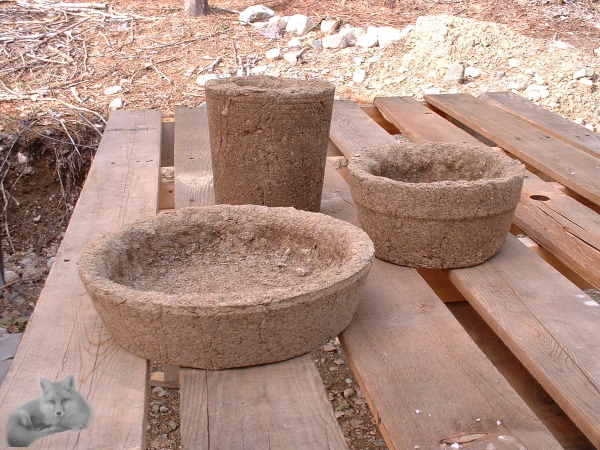 Hypertufa pots, for happy succulent plants, which love the good drainage and rough texture inside
Hypertufa pots, for happy succulent plants, which love the good drainage and rough texture insideLook through magazines to see if you can find some ideas of what you like – do you feel a kinship with formal designs?
Or are you drawn to more free form and natural shapes like the faux wood hypertufa pot here?
What plants do you have that need a new home?
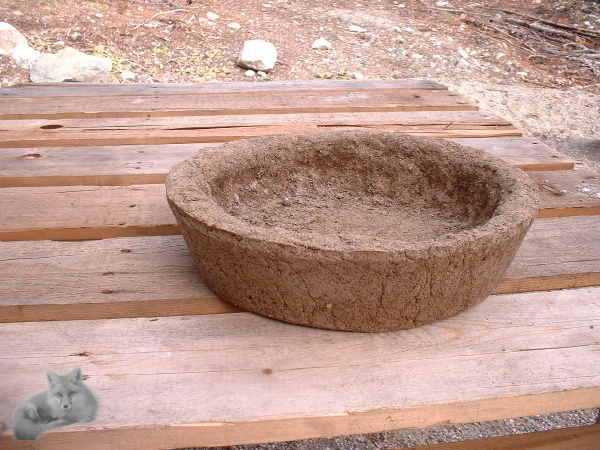 This shallow hypertufa bowl is perfect for some hardy succulents
This shallow hypertufa bowl is perfect for some hardy succulentsSome choice selections include any hardy succulents such as Sedum, Sempervivum, Jovibarba heuffelii and some of the other rosette forming species, as well as any alpine plants that require excellent drainage and only a small amount of soil.
Learn what it takes to be creative - we all have the gene but how do we develop it? Get the free guide!
Fill in the form below for your copy;
(Don't be disappointed - use an email address that will accept the free download - some .aol email addresses won't.
If you don't see your download within a few minutes, try again with another email address - sorry for the bother.)
